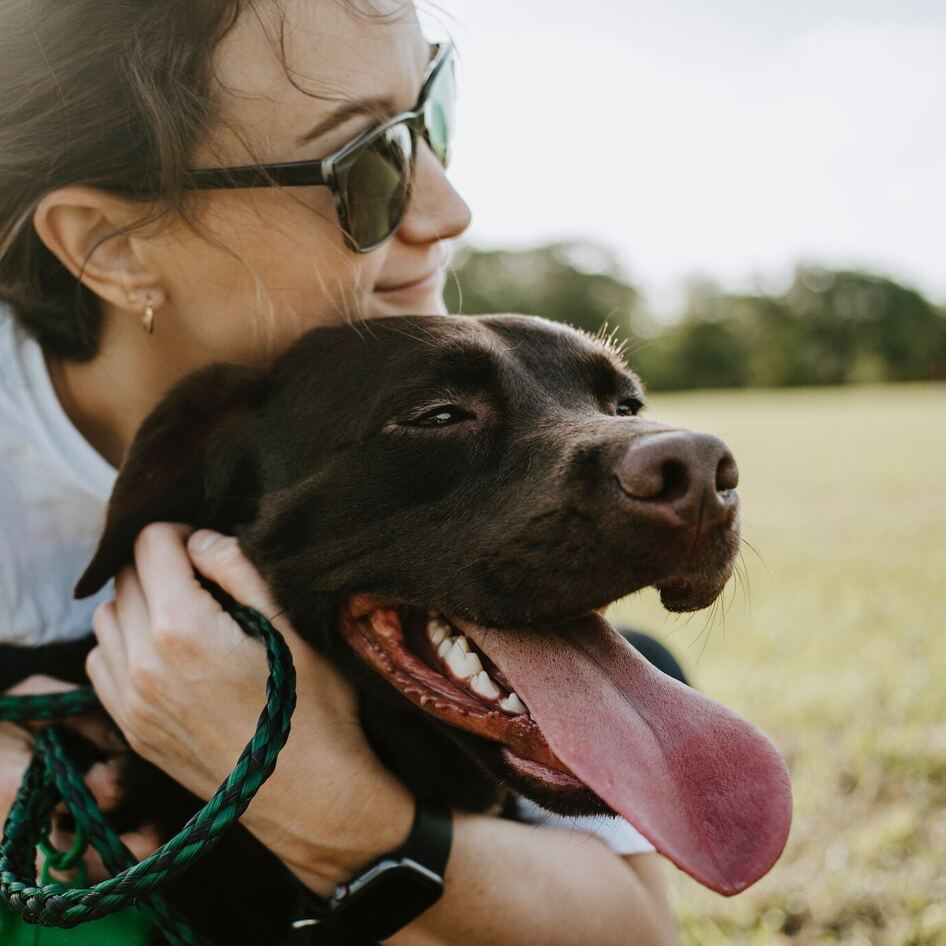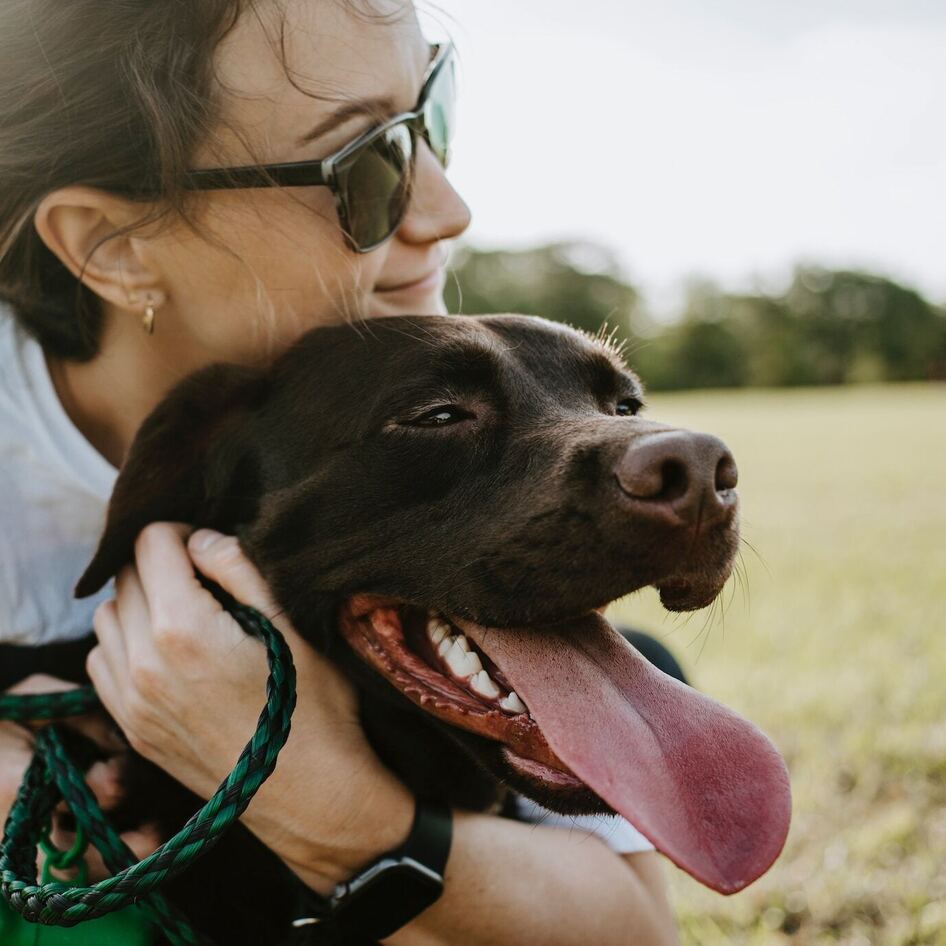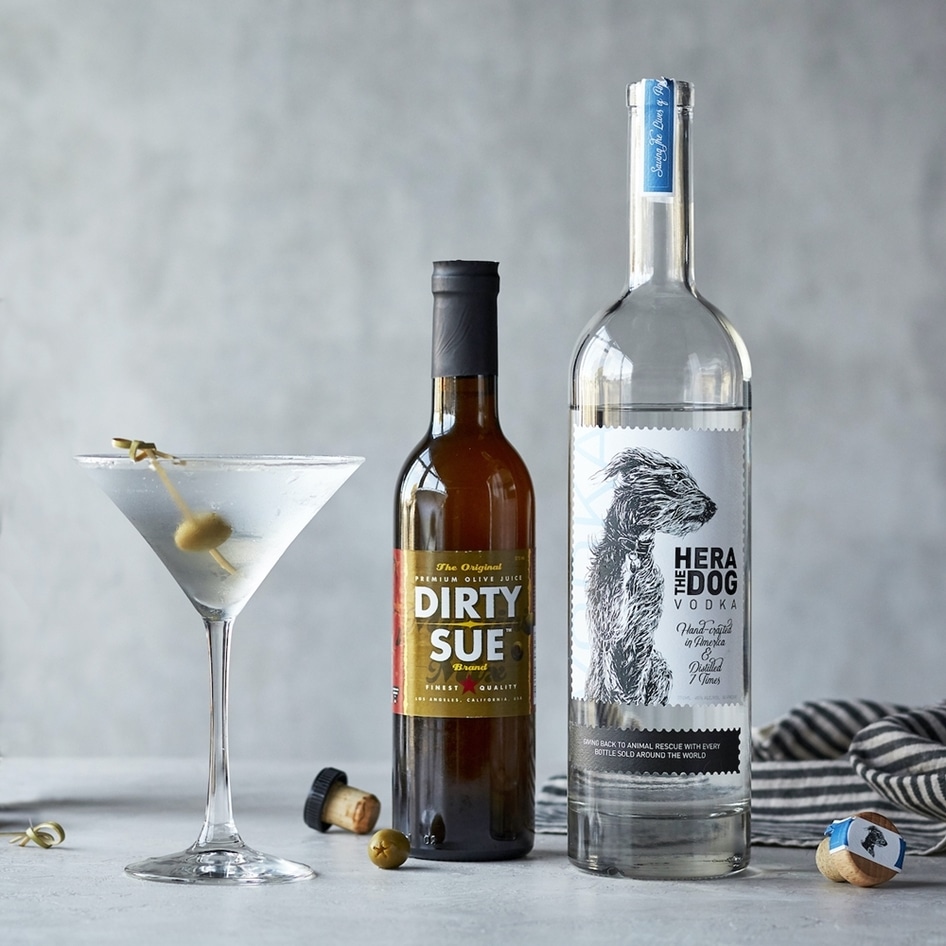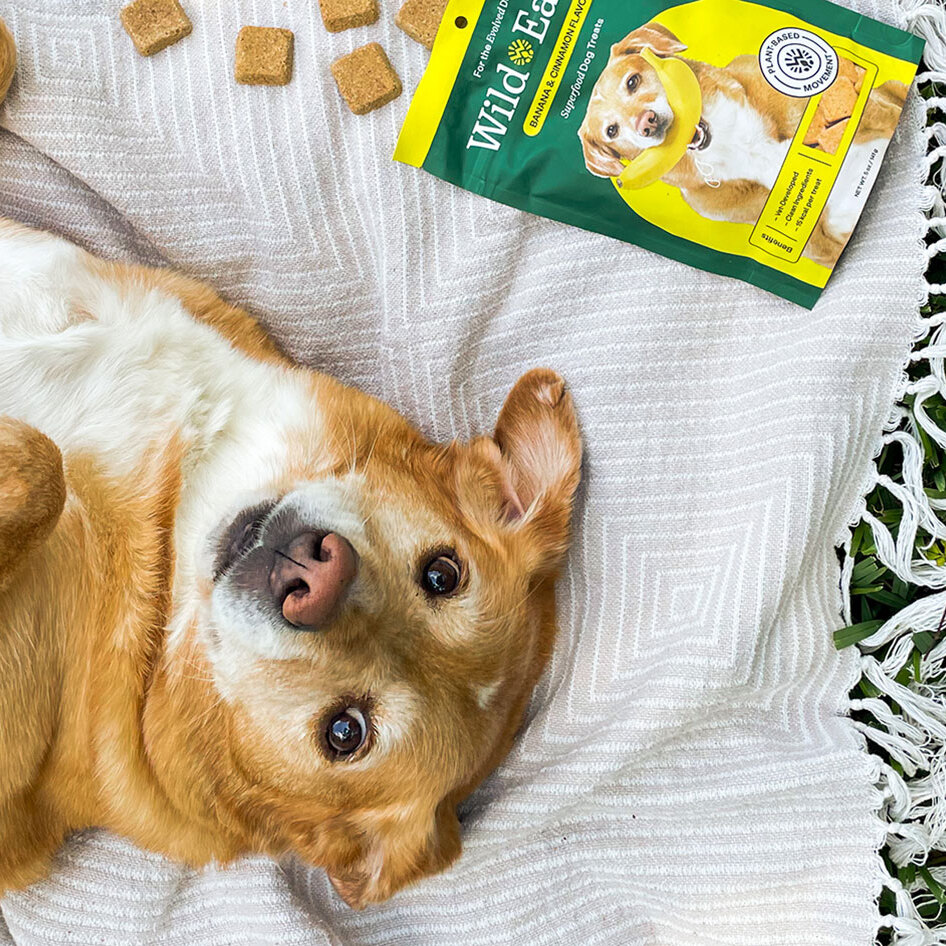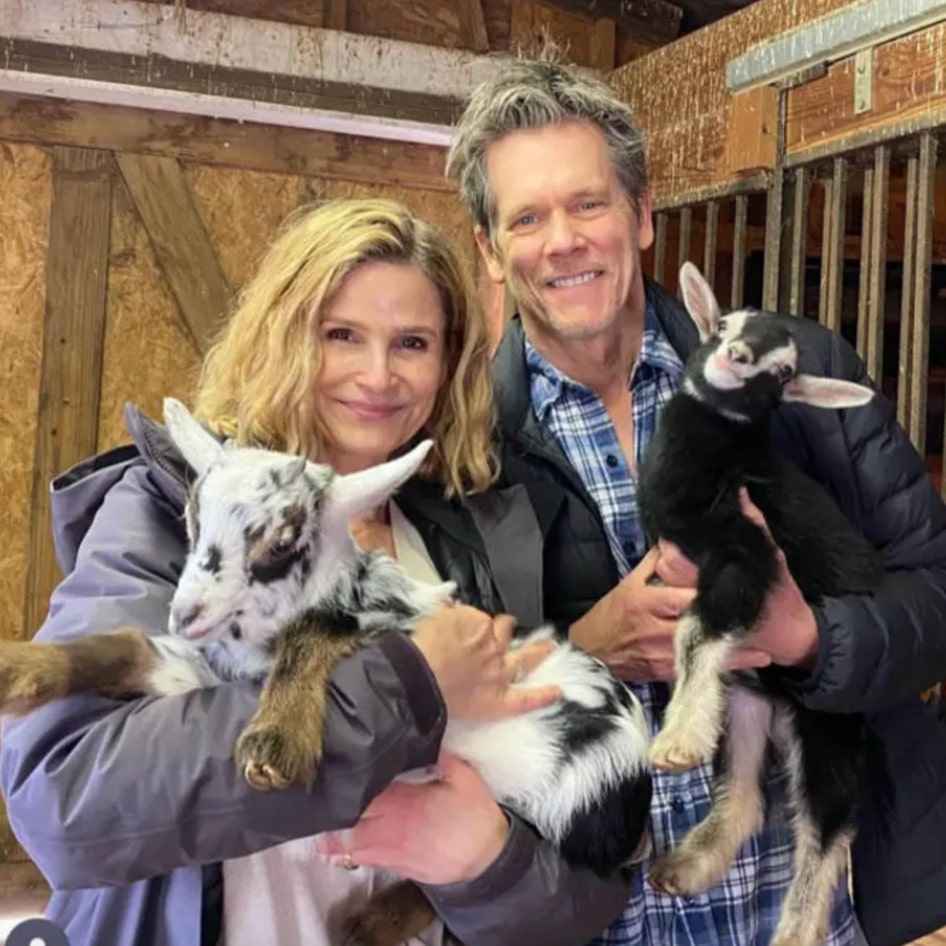Vegan Pet Food Your Dogs and Cats Will Gobble Up
Get the scoop on how to veganize your companion animal’s diet and ensure their health and happiness.
August 15, 2010
If you’ve ever been a guardian for an animal, you know the look. It’s the big-eyed look that is their way of telling you, “I’m hungry.” As a guardian, it’s your responsibility to make sure those little furry tummies never growl for too long. As a vegan, you also know it’s your decision to not participate in an industry in conflict with your values. Where do you find the medium between living ethically and keeping your companion animal healthy?
Commercial Companion Food
It shouldn’t come as a shock that enticing pet food advertisements are more or less lies: Pet food contains anything but the pure grains and meat that commercials picture. Fifty percent of commercial brands can be comprised of what is referred to as “meat meal” and animal byproducts, which include body parts unfit for human consumption such as brains, spinal cords, and heads. Four-D meat from dead, dying, diseased, or disabled animals also makes its way into commercial pet food, as well as restaurant grease, slaughterhouse waste, and a long list of other toxins, pesticides, and hormones—all of which contribute to the mass recalls the industry often sees. Veterinarians, such as LA-based vegan house-call vet Dr. Armaiti May, believes that the composition of most commercial pet food can increase the likelihood of cancer, kidney failure, and other degenerative diseases in animals. Therefore, many pet guardians are turning to vegan options for their companion animals.
Vegan Dogs
Many benefits have been reported for dogs eating a vegetarian diet, including healthier skin and coat, better dental health, weight management, reduction of allergic reactions, better digestion, increased energy, and a decreased risk of cancer. May says that though dogs are biologically omnivorous, they are able to adapt to a plant-based diet, as long as the guardian ensures all nutrient requirements are met. When transitioning dogs to a plant-based diet, the process should be gradual, first mixing the vegan and non-vegan foods to allow the dog’s digestive system to acclimate. May also recommends that guardians bring dogs to the vet two to three weeks after beginning the new diet to evaluate how the dog’s body is reacting. Additional information for your dog’s health can be found through the Vegan Dog Nutrition Association.
Vegan Cats
Cats, naturally carnivorous, are slightly more difficult to transition to a vegan diet than dogs. They tend to have more dietary restrictions and needs than dogs, and it can become challenging to ensure that all their health needs are met. Still, with the proper care to meet nutritional requirements, a cat can successfully become vegan. The catch for cats is that they require the amino acid taurine, which is naturally found in meat. If a cat’s taurine needs are not met, it can suffer from blindness or heart disease. Luckily, taurine is now available in synthetic form. As is the case with dogs, cats should see a veterinarian shortly after the diet transition is made.
Serving Dinner
Whether you’re ready to roll up your sleeves and make your own companion food, or you’d rather buy safer—and more ethical—food, there are plenty of options. Vegan blogger Whitney Lauritsen feeds her dog Evie V-Dog, a nutritionally balanced dog food made primarily of grains and vegetables. For the cats, Vegan Cats offers a wide variety of options for even the pickiest of eaters.
But if you prefer to have even more control over what goes into your companion animal’s body, making your own food, or adding natural ingredients to a store-bought vegan companion food, are viable options. For guidance and recipes, May suggests the book Vegetarian Dogs: Toward a World Without Exploitation. When Lauritsen’s companion Evie was a puppy, she would make homemade food with recipes from Vegedog. Additionally, adding fresh produce to vegan companion food can help the digestive tract, with options including asparagus, peas, brown rice, garbanzos, corn, and Brussels sprouts. Mock meats can be used to help your cat adjust to a vegan diet. And once your companion has made the transition to veganism, be sure to award them with a treat! With a fresh, healthy vegan diet, your companion will be giving you puppy-dog eyes over an empty bowl for years to come.
JUMP TO ... Latest News | Recipes | Guides | Health | Shop

